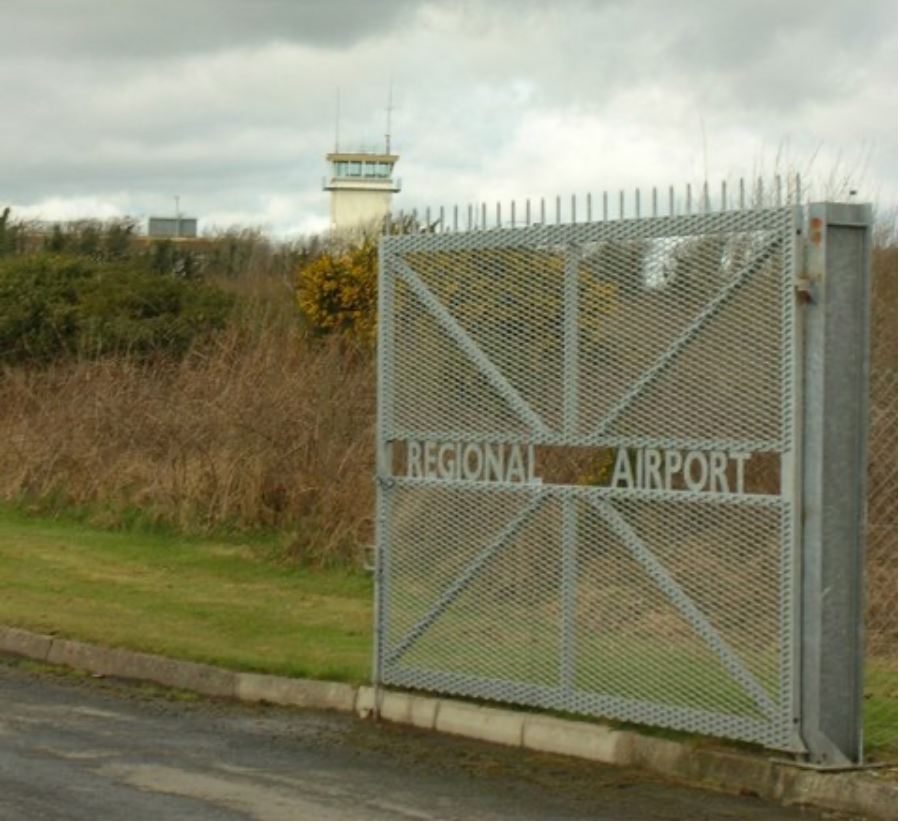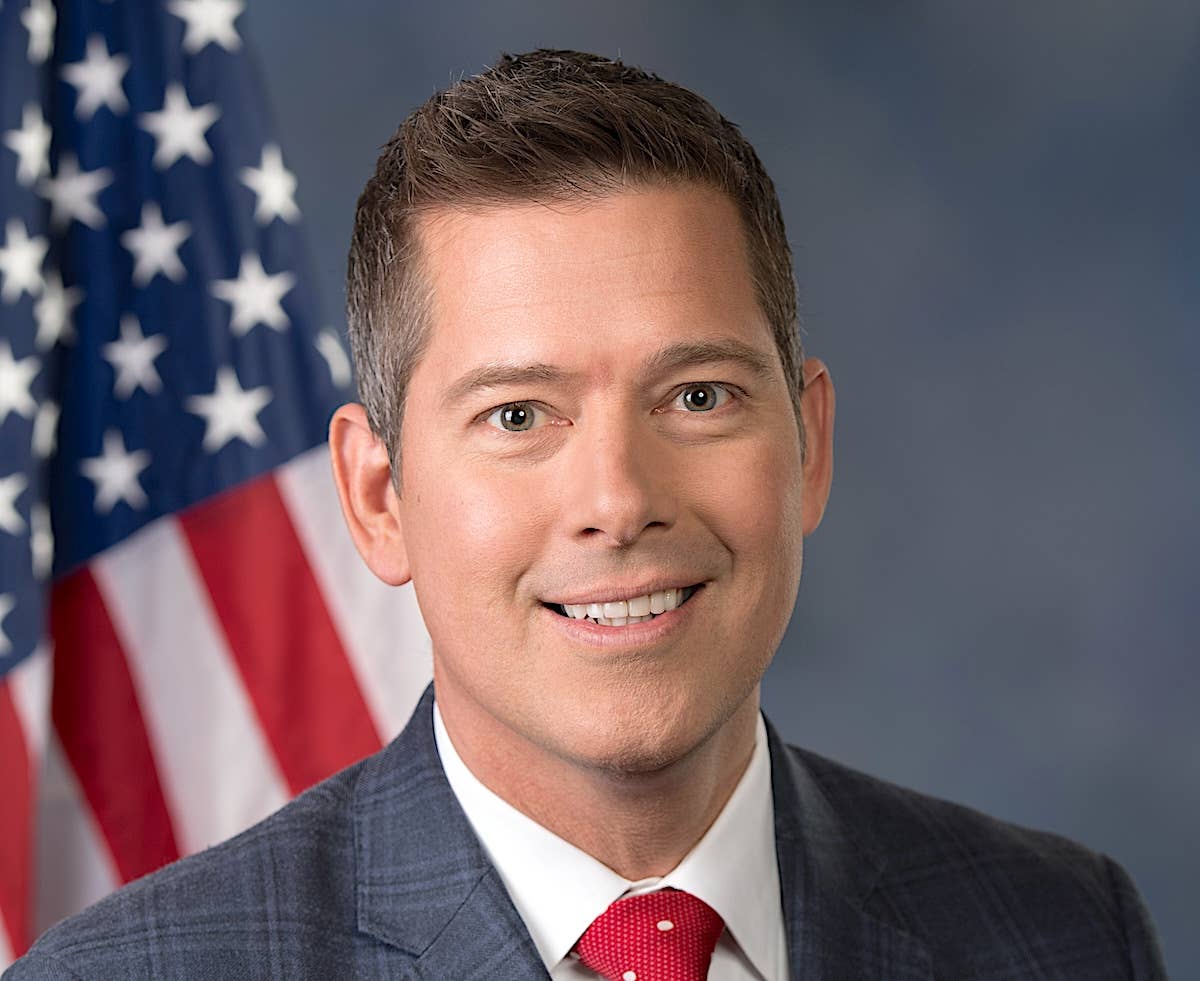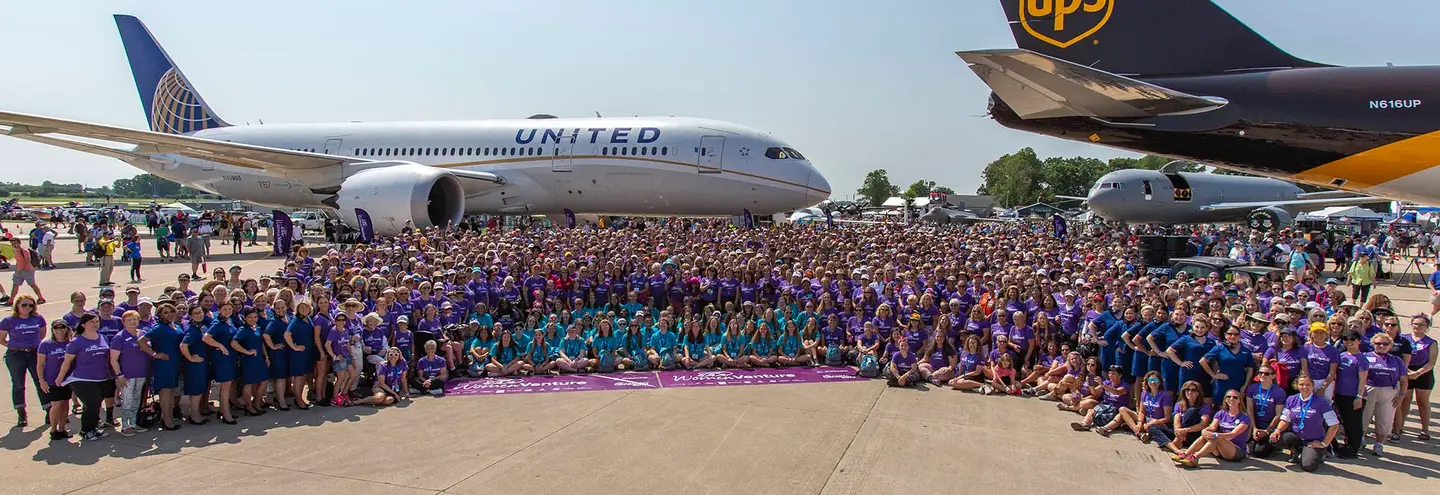
This week's blog is by Jeremy King, a senior editor of Plane and Pilot Magazine and Boeing 717 captain for a major airline. He also pens a weekly online column called Words Aloft and this is this week's offering.
This week, I fired up the Mooney and tried to make it to the Triple Tree Fly-In. I’d yet to land on that fabled grass runway, the Augusta National of general aviation, and this would be the year.
Except it wasn’t meant to be. Early morning fog over the target meant that I had to time my arrival late enough to miss that, but early enough to get in a few hours of quality time before I’d have to turn around and come back home—a line of weather was to pass through overnight and both Triple Tree and my home base are grass runways that I’d rather not mess with when they’re muddy. As I passed Atlanta, the skies went from sunny to cloudy, which was as advertised, but as I neared the South Carolina state line, the weather wasn’t lifting. I’d actually filed to fly to Anderson, South Carolina, on an instrument flight plan, figuring that I’d cancel IFR and continue past Anderson to the destination. But Anderson was reporting 300-foot overcast ceilings and everywhere else was just about as bad.
I flew my first LPV approach to near-minimums in the Mooney, which was a bit of a gut check. After all, every morning I have to make eye contact with the mechanic who installed all those avionics as I brush my teeth. When your life literally depends on the reliability of the fun DIY project, it gets your attention.
I landed uneventfully, expecting to spend an hour or 90 minutes waiting out the clouds, but no. Three hours came and went. Finally, realizing the weather back home was about to get sporty, I turned around and hightailed it to the house.
Once home, I spent two days preparing for the oncoming storm, Hurricane Helene, which was predicted to wallop Atlanta thoroughly. The power flickered just a time or two; I didn’t need to fire up a generator—thankfully so, because the carburetor was held in place by JB weld while waiting on a new one on the slow boat from China. We had some water issues and I spent a lot of quality time with the shop vac in the basement, but zero damage to us. We got lucky.
East Georgia, eastern Tennessee, and the western portion of the Carolinas didn’t fare as well. Asheville, North Carolina, and its surrounding communities feel like a second home for Amy and me, and the devastation over there is absolutely unfathomable. I see pictures of alien landscapes, based loosely on the communities we’ve visited and stayed in. The loss of lives and homes may never be fully tallied—there are a lot of folks with little cabins on creeks up in the mountains whose existence or disappearance will never be noted in official records.
As Jason Isbell sings, “What have I done to help?” As of yet, nothing. But that should change in a few days. Operation Airdrop is launching operations today, ramping up to a full airlift tomorrow. Staging out of Concord, North Carolina, they’re gathering supplies—donated or purchased through donations—and will fly them into Asheville and surrounding airports. The link above is to the main webpage, and here is a link to the Hurricane Helene-specific page.
While a bunch of guys in small airplanes can’t haul as much as a cargo jet, the problem is that in this region, there aren’t many runways that can handle large jets. We won’t be able to haul bulldozers in our Beechcrafts or Caterpillars in our Cessnas, but we can get medication and basic survival supplies to folks so they can hang on and hang in until help arrives. And we can do that while flying into smaller airports, because the roads to many communities usually served by the Asheville airport remain impassable.
If you’re asking what you can do, here it goes. If you live near me in Atlanta, pick up some items on the list below and get them to me or Amy in the coming days. Or if you’re in the Charlotte area, you can drop off donations at their staging area in Concord (details in the link above). The Operation Airdrop website also has links to donate funds directly, which will be used to purchase supplies on-site and airlifted into the communities in need.
Accepted items:
- Sports drinks (powdered packets)
- Hydration packs (powder form)
- Baby wipes
- Diapers (children & adults)
- Baby formula
- Bug spray
- Sunscreen
- Plastic utensils
- Manual can openers
- Trash bags (13 gal or contractor bags)
- Non-perishable foods
- Cleaning supplies
- Plastic sheeting/tarps
- Toothbrushes
- Toothpaste
- Toiletries/sanitation items
- Pet food (dog & cat)
- Hand sanitizer
- Sanitizer wipes
- Feminine hygiene products
- Heavy duty work gloves
- Socks - all sizes (unopened)
There are some things that cannot be airlifted: Used clothes, water (due to weight), HAZMAT, most chemicals (including bleach), fuel, and flammable items.
I started a three-day trip Sunday, and have one day sitting on call on Wednesday. Depending how that on-call day goes, I’ll launch Wednesday or Thursday to go pitch in, provided the airlift is still going. Given the devastation over in the Carolinas, I imagine that as long as they’ve got supplies to move, they’ll still be going.






